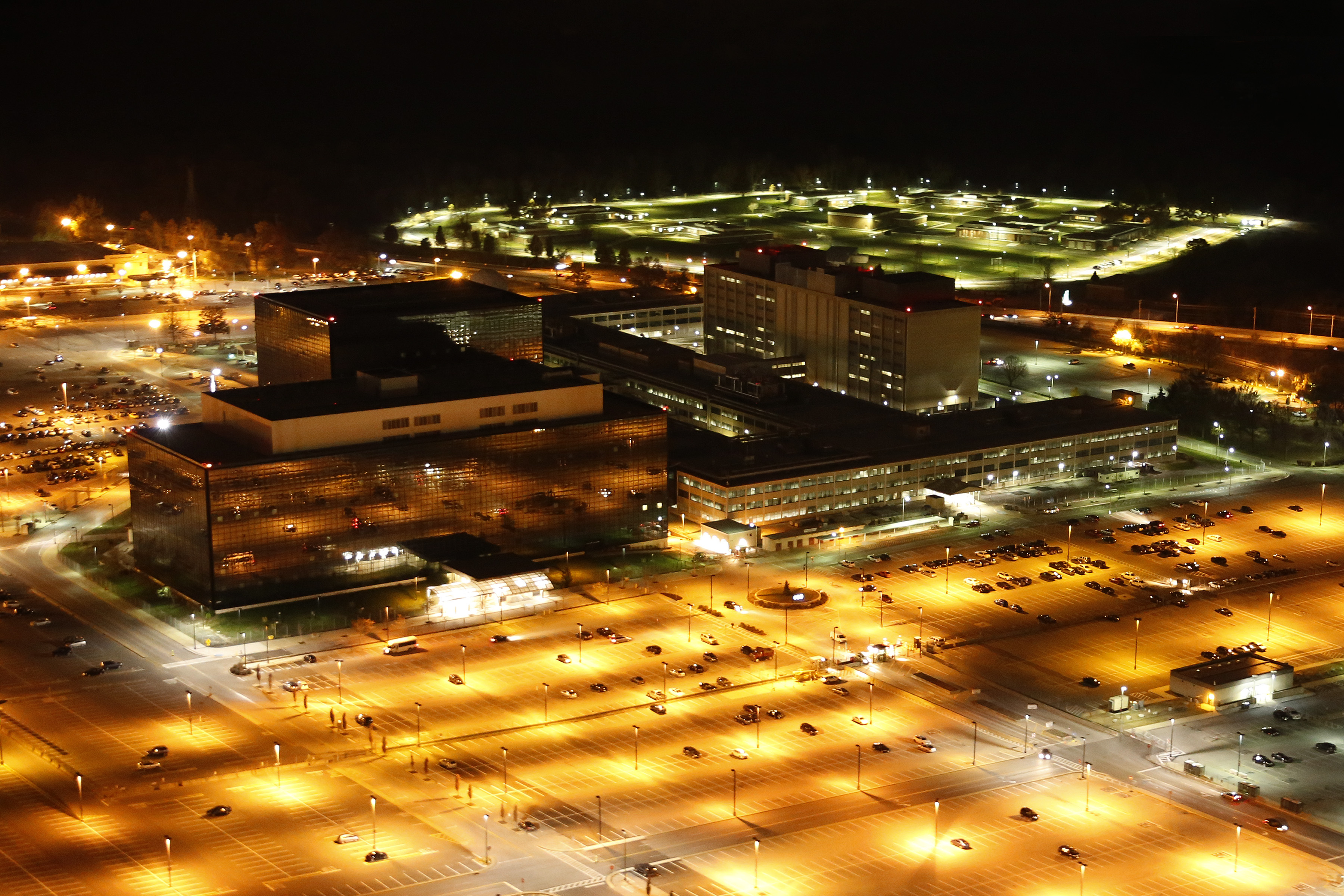Transparency and obfuscation
The notions of openness and transparency are playing a vital role in the current discourse in and about the internet. But what does open and transparent really mean when every move you do is being observed, online by NSA programmes, in the city by CCTV, in the shops by loyalty cards, at home by connected digital household appliances? On the other hand transparancy means disclosing government secrets and opening up the opaque face of technology - as in open source and open software, Wiki- and Snowden-leaks. How can we reconcile these two notions - and do we need to? A walk through net politics, history, culture and art in 2014.
-- de
Die Begriffe Offenheit und Transparenz spielen in der aktuellen Diskussion über das Internet eine zentrale Rolle. Aber was bedeutet offen und transparent, wenn im Netz und im Alltag jede Bewegung und jedes Verhalten aufgezeichnet und ausgewertet wird – von Geheimdiensten und Unternehmen, on- und offline. Auf der anderen Seite ist Transparenz ein positiver Wert: Wiki- und Snowden-Leaks öffnen die Geheimnisse von Regierungen, Open-Source-Software macht den Quellcode von Software transparent, so dass sie verändert und weiterentwickelt werden kann. Können wir diese zwei Seiten der Transparenz miteinander versöhnen? Müssen wir es überhaupt? Ein Spaziergang durch die Netzpolitik, Netzgeschichte und Netzkultur Stand 2014.
Image Source and Licence:
https://commons.wikimedia.org/wiki/File:National_Security_Agency,_2013…
This file is made available under the Creative Commons CC0 1.0 Universal Public Domain Dedication.
Author: Trevor Paglen


